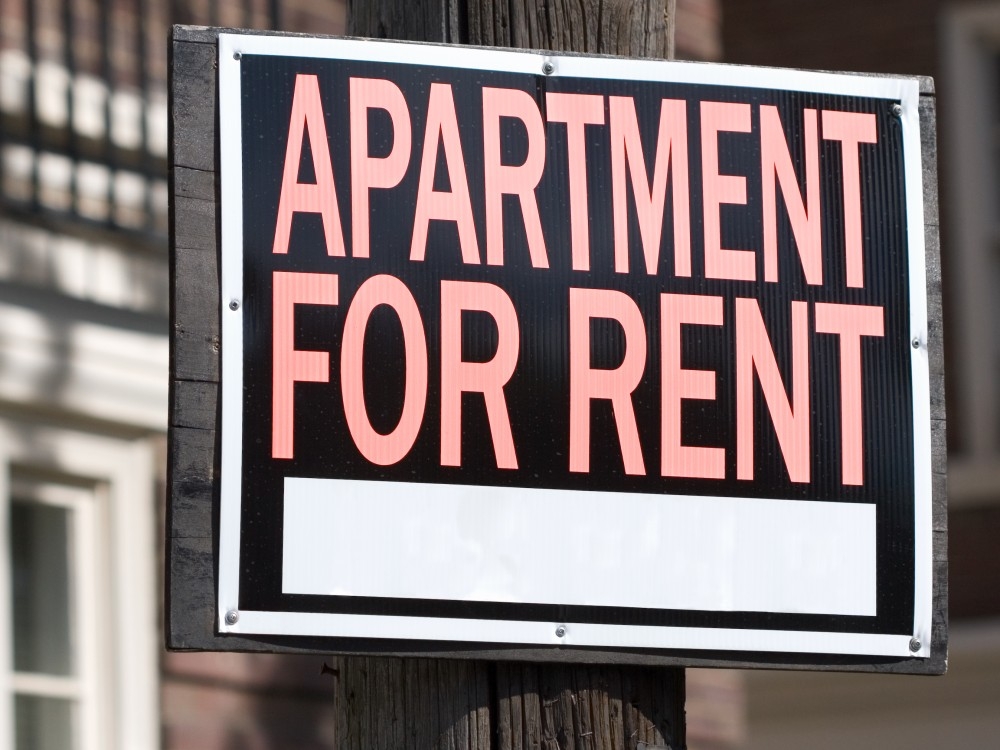A chorus of dissent erupted within the Ontario legislature as the Ford government’s new housing bill secured passage on Monday. Shouts and jeers rained down from the public gallery, a raw expression of the anxieties surrounding a law critics fear will accelerate evictions and destabilize the province’s already strained housing landscape.
The moment MPPs moved to vote, the chamber filled with cries of “People over profits!” Security personnel swiftly intervened, escorting vocal protesters from the building as the Conservative majority easily pushed the bill through to its final reading.
Housing Minister Rob Flack attempted to quell concerns, asserting that existing tenant protections would remain untouched. He argued the legislation was designed to streamline the process for smaller landlords, ultimately boosting the availability of rental properties.

Flack emphasized a desire to balance the system, acknowledging a small number of problematic landlords while maintaining that the vast majority operate responsibly. His core argument centered on the idea that increased housing supply, spurred by easier rental access, would naturally lead to more competitive rental rates.
Bill 60, officially titled the Fighting Delays, Building Faster Act, introduces significant changes to the appeals process, slashing appeal times from one month to a mere fifteen days. It also alters the rules governing evidence presented at Landlord and Tenant Board tribunals and accelerates the enforcement of eviction orders.
Tenant advocacy groups have reacted with scathing criticism, accusing the government of disregarding public opinion and silencing dissenting voices. Alejandra Ruiz-Vargas, President of ACORN Canada, warned the bill would exacerbate homelessness, worsen the mental health crisis, and deepen despair across the province.
Toronto Mayor Olivia Chow joined the chorus of opposition, directly challenging the bill’s premise. She argued that facilitating evictions is a counterproductive approach to increasing rental housing, advocating instead for collaboration with cities to lower the barriers to affordable construction.
With half of Toronto’s population relying on rental accommodations, Chow’s statement underscored the potential impact of the legislation on a significant portion of the city’s residents. The debate highlights a fundamental clash in approaches: prioritizing speed of development versus safeguarding tenant security.





